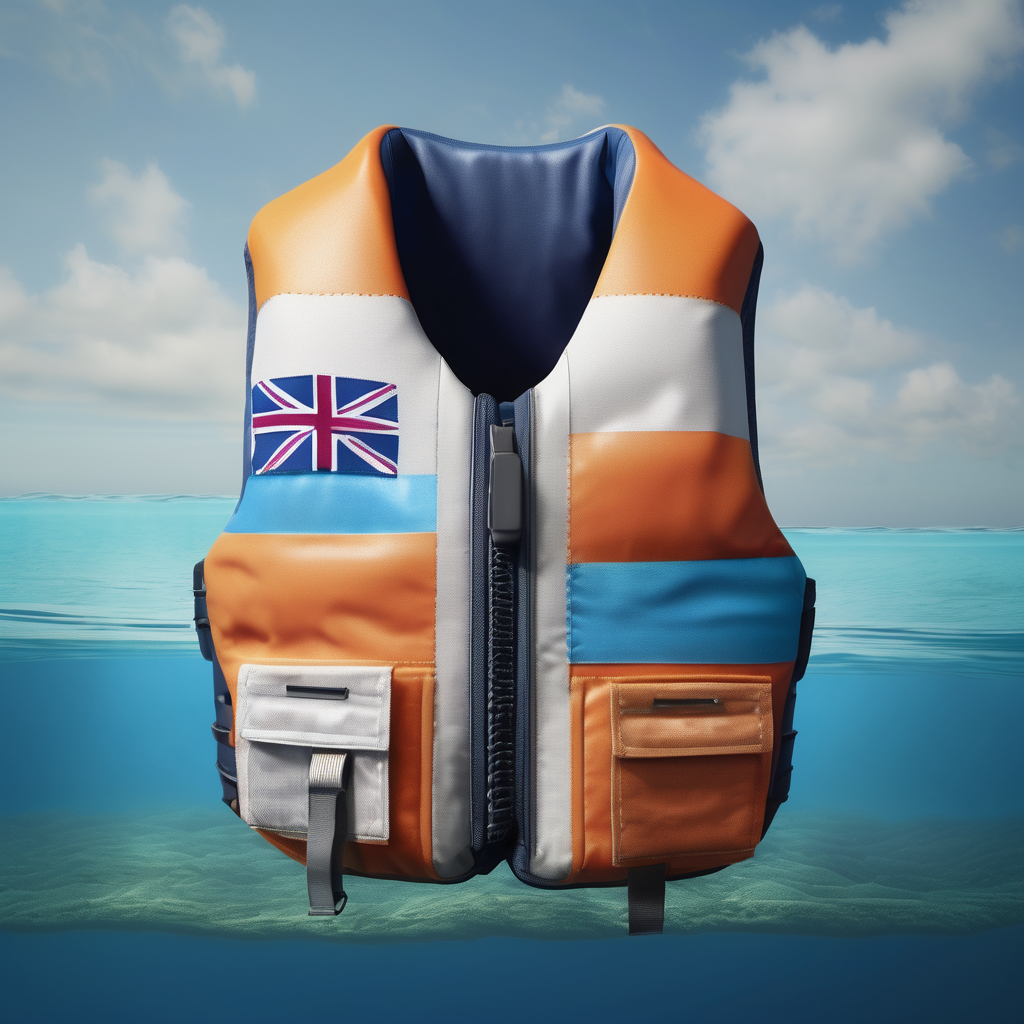The Fijian government is considering a new compensation scheme aimed at protecting passengers involved in boating incidents, as revealed by Minister of Employment, Productivity and Workplace Relations, Agni Deo Singh, during a recent parliamentary session. Currently, under the Accident Compensation Act 2017, only workers injured in boating accidents are covered by compensation initiatives, while passengers and their dependents must depend on civil litigation for financial recourse in cases of injury or death.
Minister Singh noted that this initiative is still in its early phases, with the Maritime Safety Authority of Fiji (MSAF) developing a third-party insurance scheme. This scheme intends to extend coverage for loss of life, injuries to passengers and crew, and damage to third-party properties in maritime incidents. MSAF is in the process of reviewing international best practices and aims to conduct widespread public consultations to gather input on the proposed framework, funding models, implementation timelines, and compliance mechanisms.
The discussions will involve stakeholders like vessel owners, operators, industry representatives, and coastal stakeholders, who will be encouraged to contribute through written submissions and in-person forums. Moreover, two related pieces of legislation—the Accident Compensation (Amendment) Bill 2025 and the Work Care Bill 2025—are under review by the Standing Committee on Economic Affairs. These amendments are designed to ensure that the Accident Compensation Commission Fiji (ACCF) remains focused on motor vehicle accidents while exploring new options for incidents that occur at sea and other non-vehicular incidents.
This initiative reflects an important step towards enhancing the safety and accountability in maritime transport, balancing the needs of both victims and service providers, and ultimately fostering a safer environment for all maritime activity in Fiji. The proactive approach by the government demonstrates a commitment to bridging gaps in the current compensation framework, thus providing hope for better protections and support for individuals affected by boating incidents in the future.
